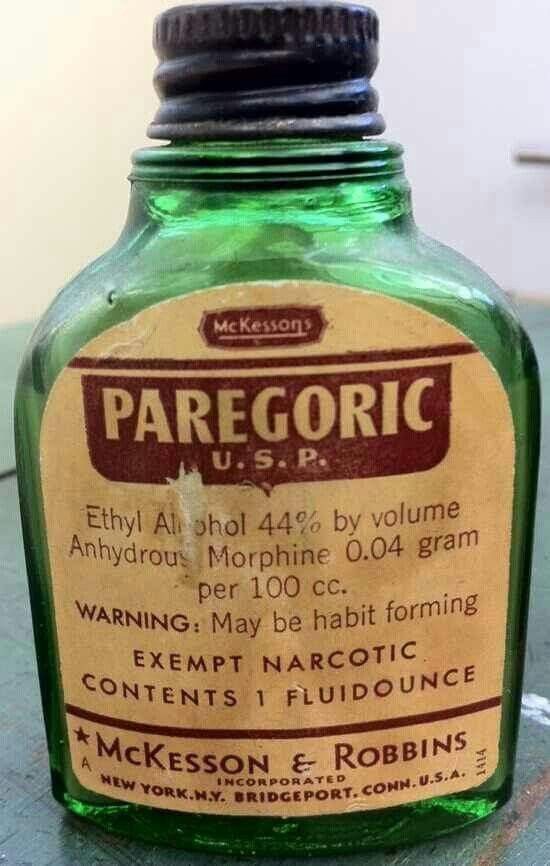
noun Pharmacology.
- a camphorated tincture of opium, containing benzoic acid, anise oil, etc., used chiefly to stop diarrhea in children.
- any soothing medicine; anodyne.
adjective
- Archaic. assuaging pain; soothing.
noun
- a medicine containing opium, benzoic acid, camphor (English paregoric) or ammonia (Scottish paregoric), and anise oil, formerly widely used to relieve diarrhoea and coughing in children
n.“medicine that soothes pain,” 1704, from adjective (1680s) “soothing,” from Late Latin paregoricus, from Greek paregorikos “soothing, encouraging, consoling,” from paregorein “speak soothingly to,” from paregoros “consoling,” from para- “beside” (see para- (1)) + root of agoreuein “speak in public,” from agora “public assembly,” from PIE root *ger- “to gather” (see gregarious). n.
- A camphorated tincture of opium, taken internally for the relief of diarrhea and intestinal pain.
 Liberal Dictionary English Dictionary
Liberal Dictionary English Dictionary